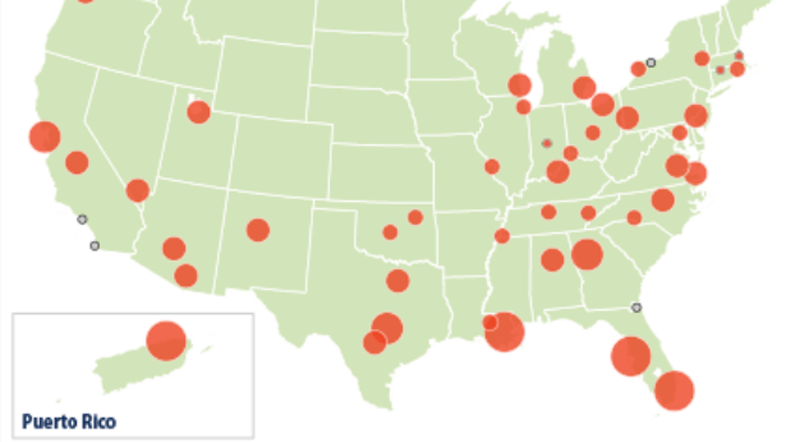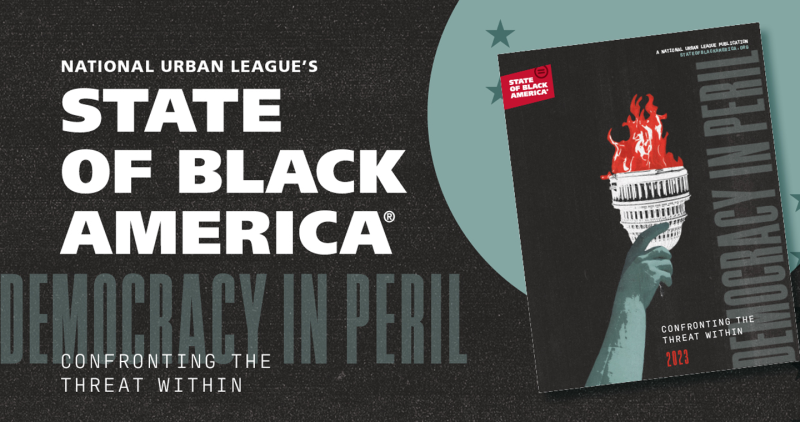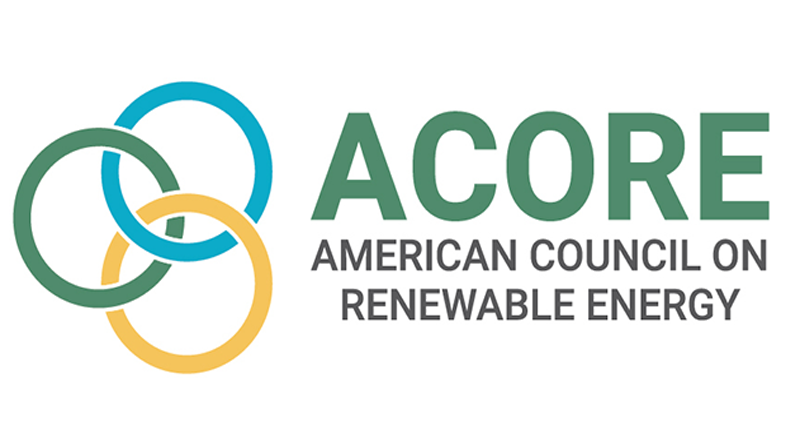Choosing Democracy: The Importance of Federal Courts in Protect Voting Rights
For generations, the protection and advancement of voting rights have been viewed as a critical role of the federal courts. It is true that landmark rulings, such as the Voting Rights Act of 1965, provided essential anchors for the Civil Rights Movement, but this support from the courts has not been consistent or linear.
In fact, for most of their history, the federal judiciary, especially the U.S. Supreme Court, have been hostile to civil rights and racial justice, including voting rights are no exception to this trend.
During the Jim Crow era, between the end of Reconstruction and the passage of the Voting Rights Act, the Supreme Court issued devastating rulings that curtailed ballot access for Black people. The Court upheld that Black people had no federal right to vote. It declared poll taxes and literacy tests targeting Black voters constitutional because they are not explicitly limited to one race. The Court even upheld racist property ownership requirements to limit ballot access and allowed political parties to restrict access based upon race.
The Voting Rights Act was a game-changer. Within a few years after its passage, the percentage of Black people registered to vote tripled. Increased voter participation led to black political power growing by creating electoral districts that enabled Black people to elect their candidates of choice. However, the federal judiciary has played a role in undoing this progress, retreating from aggressive implementation, and even actively undermining critical provisions of the Act in ways that allow states to restrict access to the ballot box.
In Crawford v. Marion County Election Board (2008), the Court permitted states to implement photo identification requirements, despite a disproportionate impact on voters of color. Section 5 of the Voting Rights Act required states and political subdivisions with a documented history of racial discrimination in voting to obtain prior approval (called “preclearance”) making changes to voter eligibility, polling locations, and hours. In Shelby v. Holder (2013), the Court gutted section 5 and the heart of the Voting Rights Act.
Immediately following the Shelby ruling, lawmakers in several previously covered jurisdictions adopted new voting changes, such as purges of voter rolls, voter ID requirements, and adopted challenging registration and absentee balloting processes. These provisions invariably make it harder for people to vote—especially for voters of color.
With the Section 5 preclearance process undermined, civil rights advocates have used Section 2 of the Voting Rights Act to challenge efforts that deny or abridge the right to vote based upon race. These challenges can be successful. Notable examples include the Lawyers’ Committee and allies prevailing in lawsuits against officials in Texas, North Carolina, and Wisconsin where voter ID laws and efforts to limit early voting and same-day voter registration.
But the Supreme Court’s decision in Brnovich v. Democratic National Committee (2021) created a new, demanding standard for cases brought under Section 2, giving hyper-partisan state legislatures a free pass to assert thinly-veiled excuses such as alleged fraud, to impose any manner of restrictions on access to the ballot. The Court is also poised to revisit the established standard for section 2 vote dilution cases. A federal district court in Arkansas recently found that impacted community members do not even have a right to sue under Section 2.
Without the prophylactic power of Section 5 preclearance, and with a weakened standard to prevent vote denial and potentially vote dilution under Section 2, restrictive voter suppression laws that have the stench of intentional discrimination, but are still difficult to prove, will often evade judicial review. With all of this in mind, millions of people—particularly people of color—are wondering whether we can count on our judiciary system to protect our fundamental right to vote.
As was the case during the Civil Rights Movement, the stakes are incredibly high. What is at stake is not only Black voting power, but the continued vitality of our entire democracy. Ironically, it might be the magnitude of the stakes that help chart a path forward for the federal judiciary. With this in mind, there are at least three reasons to be hopeful about the federal judiciary going forward.
First, the stakes are not lost on Americans. Recent polling confirms that most Americans agree that our democracy stands on the precipice. On the one-year anniversary of the violent Capitol insurrection, an NPR poll found that 64% of Americans believe U.S. democracy is “in crisis and at risk of failing.” The reasons for this belief vary across party lines, but the inescapable truth is that voter suppression and subversion are not just undermining democracy but threaten to destroy the very foundation of this nation. Americans are waking up and may be more willing to see the true costs of racism and discrimination and the undermining of voting rights as part of the threat to democracy. Judges cannot be blind to this, nor can the presidents who appoint them.
Second, consistent with these widely-held concerns, there seems to be one place where federal judges seem to have drawn the line—election subversion and other direct efforts to undermine democracy. In the aftermath of the 2020 presidential election, former President Trump and his allies contested the results by not only encouraging election officials to manipulate vote counts, but also by filing baseless lawsuits alleging fraud in Georgia, Arizona, Pennsylvania, Michigan, and Wisconsin—all states with large population centers of people of color. The courts examined the claims and summarily dismissed them, with many of the opinions being authored by judges appointed by the former president himself. The repudiation of these frivolous lawsuits was a win for the rule of law and the idea of a fair and independent judiciary–a bright spot during an unprecedented attack on our democracy on multiple fronts.
Third, President Biden has nominated, and the Senate has confirmed, a record number of judges in his first year in office. His picks reflect an unprecedented degree of racial, ethnic, and professional diversity—including former public defenders, civil rights attorneys, and even voting rights experts. Growing the bench with jurists who have both a fidelity to the rule of law a healthy appreciation for the importance of civil rights legislation and litigation is essential. They are more likely to see injustice and more willing to address it than others who are not attuned.
Although the federal judiciary has proven to be a fickle friend to voting rights, civil rights advocates cannot give up on it as a source of justice. As much as we know we cannot litigate our way past voter suppression; we cannot legislate and organize our way past it, either. We need all approaches. And that means having a fair shot at litigation before the federal courts. This is important ground we must not cede.


 A Climate In Crisis
A Climate In Crisis

 Executive Summary
Executive Summary